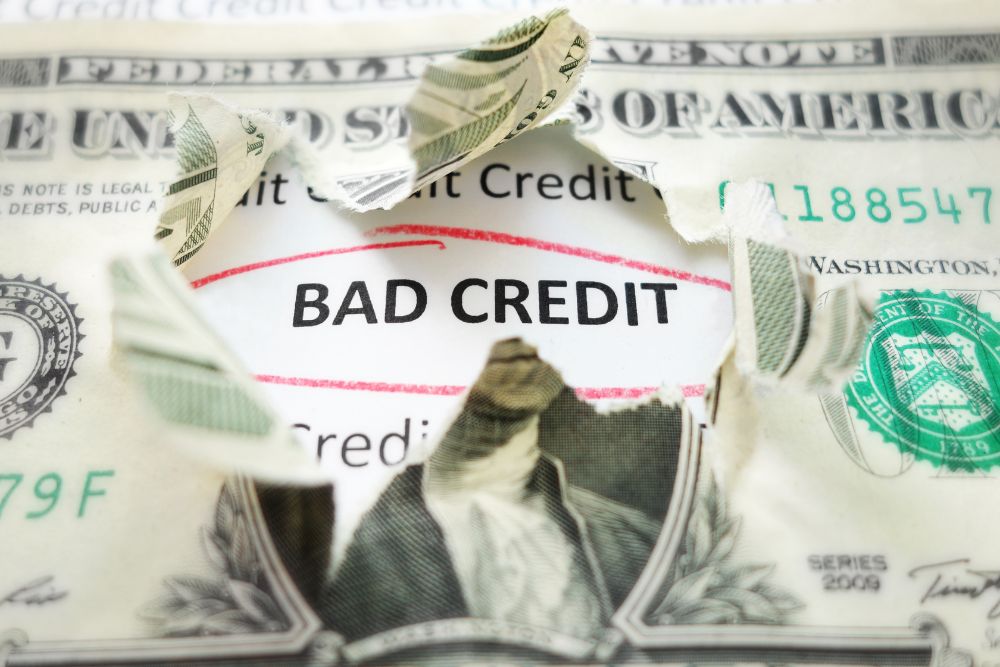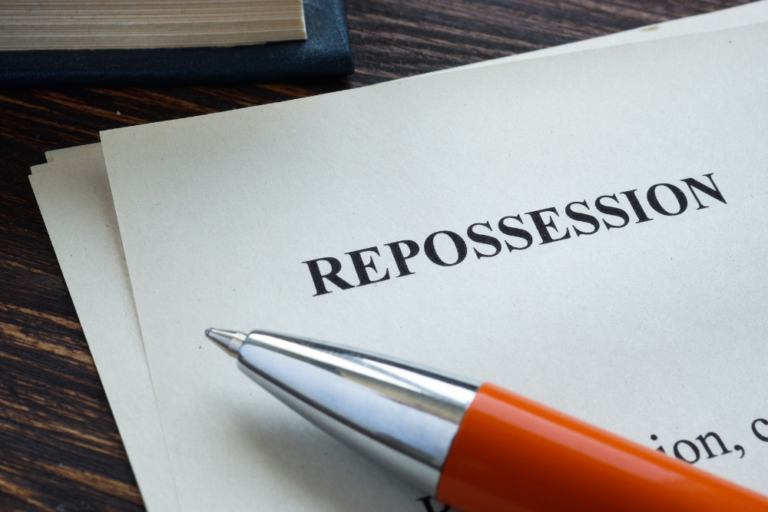Does an Eviction Go on Your Credit Report? What You Need to Know

Evictions create stress, and a major concern for most renters is the impact on their credit scores. If you have undergone an eviction or are concerned about how it would degenerate your financial future, you are probably asking: Does an eviction go on your credit report? In this article, we will go through how evictions get reported, their effect on your credit, and what one can do in order to minimize the impact.
An eviction itself will not show up on your credit report. Financial repercussions related to eviction, such as unpaid debt or court judgments, can have a negative impact on your credit score. Sometimes, in the case of certain tenant screening services, it still could come up where a landlord would call in and report any outstanding debt related to eviction, although it is not recorded as such as with the major three credit bureaus.
For while evictions do not directly show up on your credit report, the following activities associated with the eviction process can take a hit on your credit:
Unpaid Rent Sent to Collections
If your landlord has sent unpaid rent to collections, it has been recorded as a collection account. Taking into account that collection accounts lower your credit score and may reflect on your report for up to seven years.
Court Judgments and Public Records
If a judgment is won by a landlord in court for damages or unpaid rent, that may publicly reflect on public records. While credit bureaus might not be directly reporting civil judgments anymore, certain tenant screening services still check the records of civil courts, which could affect a person’s future application for rental space.
🚨 TUIC Errors + Low Credit Score?
CreditScoreIQ helps you build credit faster by reporting utility bills to all 3 bureaus—while you dispute errors.
Start Building Credit Today →Impact on Rental Applications
Many landlords access tenant screening services that check a rental history and civil court records. An eviction on a record may make it more difficult to find a new apartment.
How to Reduce Your Damage Control as Far as an Eviction is Concerned

If you have undergone eviction, a few steps that you could take towards minimizing the impact are:
- Settle All Unresolved Debts
If you owe past rent, get in touch with your former landlord and negotiate to come up with a payment plan. Some landlords may be agreeable to remove negative remarks from tenant databases in exchange for full or partial payment. - Dispute Incorrect Information
Go through your credit report to check if there are any incorrect entries related to your eviction. Should you find that a debt has been reported inaccurately, dispute the debt in question with the reporting agency so that they may either correct the error or erase it entirely. - Improve Your Credit Score
- Make on-time payments on any existing credit accounts.
- Maintain low credit card balances.
- Avoid applying for several new credits at once.
- Find an Accommodating Landlord
Some landlords are lenient such that they are willing to rent to tenants who have been evicted in the past if they can prove they have stable incomes and have consistently made rent payments after the fact.
FINAL THOUGHTS
Although an eviction may not show up on your credit report, its financial consequences—collections, judgments, and rental history records—can certainly affect your credit score and ability to get housing. If an eviction is in your history, working proactively by settling unpaid debts, disputing inaccuracies, and rebuilding your credit score will assist you in the future.
Get Help Fixing a Credit?
If you have lost financial reputability because of eviction, consider asking a credit-repair expert for advice.
Have you ever been evicted? Please tell us your tales and tips in the comments!
Ready to Improve Your Credit?
Disputing TUIC errors is step one. Step two? Boost your score by reporting utility payments with CreditScoreIQ.
Get Started Now (Only $1 Trial) →3-bureau reporting • $1M identity insurance • Dark web monitoring

